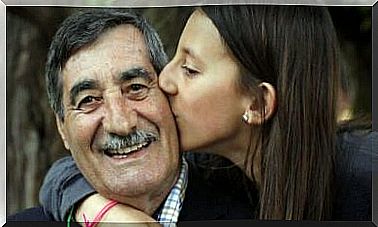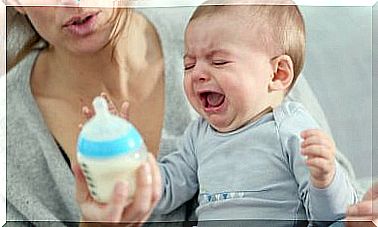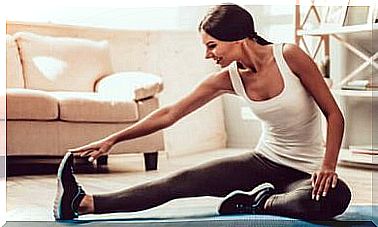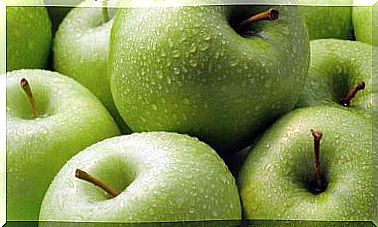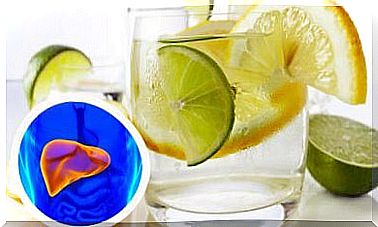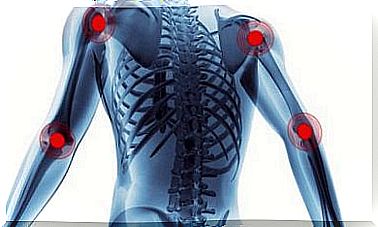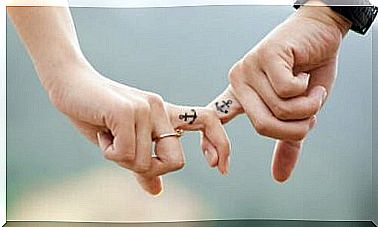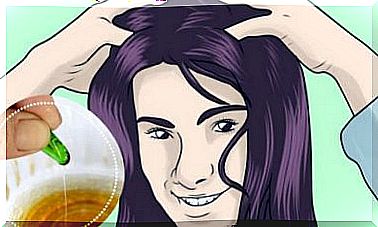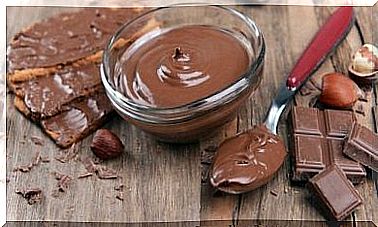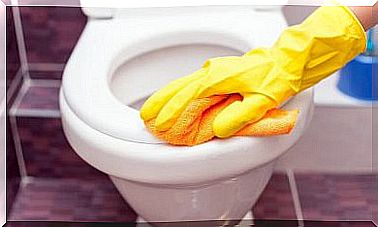Can Varicose Veins Hurt?
Varicose veins are mostly perceived as a cosmetic problem by those affected
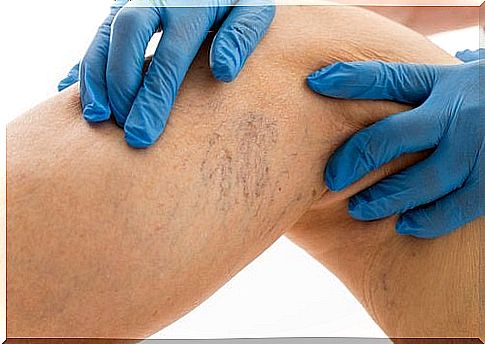
Varicose veins are sometimes painful. They are a beauty problem, especially for women.
If the temperatures rise and you show more bare legs, many women feel burdened with a blemish due to their varicose veins.
How do varicose veins even come about?
Varicose veins are veins that expand due to weak vein walls or weak connective tissue.
Those who work a lot, exercise little or are overweight have a greater risk of developing varicose veins.
Almost half of all Germans over the age of 25 have varicose veins.
The smallest variant is called differently: “spider veins”, but it is also nothing else.
There are preventive measures as well as natural remedies that you can use to improve blood circulation in the legs and prevent varicose and spider veins.
Once large, winding varicose veins have formed, it is too late. If you want, you can surgically remove, obliterate or close it.
However, an operation is not absolutely necessary and is usually only carried out if those affected see varicose veins as a cosmetic problem or if they have developed further health problems.
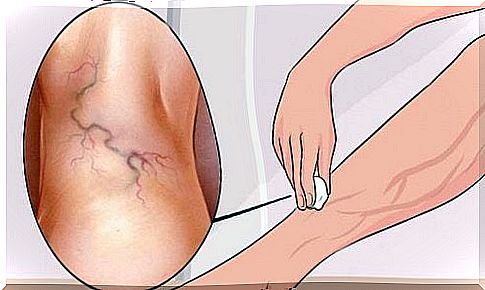
What are the symptoms?
In the vast majority of cases, varicose veins are only recognized when it is too late and the blue veins are already visible through the skin as spider veins.
Often these come with a few side effects, which can be summarized under the following symptoms:
- Water retention on legs and feet
- Edema on the lower extremities
- Heaviness in the legs
- Tension in legs and joints
- Sensation of warmth / heat in the legs
Occasionally, varicose veins can experience pain that can be burning or stinging. So to answer the initial question: yes, varicose veins sometimes hurt.
Risks of varicose veins
As mentioned earlier, in most cases, varicose veins are not dangerous and are only a cosmetic problem. Even if varicose veins can hurt.
But there are exceptions, as everywhere. In some cases, however, this can also lead to serious diseases, which we would like to briefly list below:
- Phlebitis
- Venous thrombosis
- Pulmonary embolism
- Chronic venous failure
- Discoloration of the skin
- Skin ulcers
These diseases develop from varicose veins if they progress over years and no countermeasures are taken.
If you’re not sure what stage your varicose veins are at, get a vein specialist to check you out!
Talk to your dermatologist, he will take care of everything.
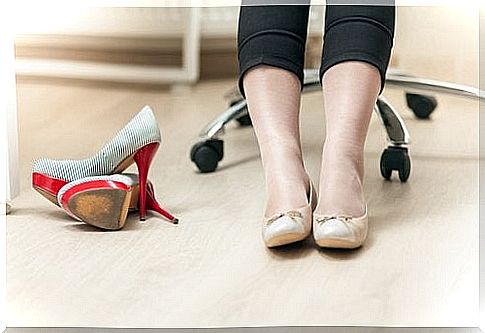
Can you prevent?
Since varicose veins in the form of spider veins appear in many of those affected as early as adolescence, it is advisable to make sure in the course of life that they do not develop any more and that the cosmetic problem develops into a serious health problem.
One possibility is to strengthen the veins through gymnastics and then activate the so-called “vein pump”.
This is very easy for sitting or standing work: rock your feet up and down by alternately pulling your toes and heels upwards. It is also ideal for long-distance flights or long bus and car journeys.
When sitting or standing for long periods of time, exercise should be ensured as much as possible in order to keep the veins healthy.
Exercise helps remove water that has built up in the legs. A short walk during the lunch break is not only good for your legs!
Alternating showers keep the vessels elastic and are then also useful. Cold showers are not for everyone, but they are easy on the legs.
The cold water causes the vessels to contract and the stored water is then transported away.
It makes sense to raise your legs as often as possible to prevent heavy legs.
In this way you can trick the natural force of gravity, which drives the water into your calves and relieve the vein pump somewhat.
One last tip, if not at all fashionable: wear compression stockings! This can help when varicose veins hurt.
They are now available in inconspicuous designs and are more than effective in preventing the development of varicose veins in the office, on long air or bus trips and when doing standing work!

What to do if varicose veins hurt?
If you constantly suffer from heavy legs or water retention, you should see a doctor as a serious illness may be present.
Those who can clearly trace back why their legs feel heavy will be successful with the following home remedies:
- Red vine leaves
- garlic
- Nettle tea
- Sweet clover
- Butcher’s broom
- Woodruff
You can use these herbs to make a brew, which you can then drink in larger quantities throughout the day.
Alternatively, there are tablets in the trade in which the active ingredients of these plants are available in isolated and concentrated form.
If in doubt, seek advice from your family doctor!
